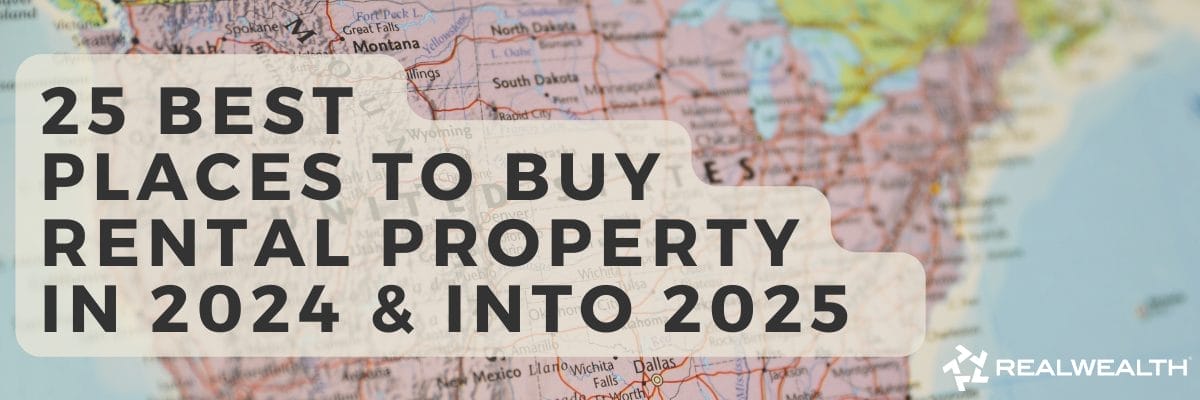Attorney’s across the country are challenging the legality of the current foreclosure process, claiming that third party companies are signing documents they are not legally authorized to sign. If the lawsuits hold up in court, buyers of the foreclosed homes could potentially have to turn the keys back over to the former owners in default.
How do you protect yourself as a buyer?
If you are purchasing a foreclosed property, buy the best title insurance you can get for full protection.
If you are purchasing property at the courthouse steps, the former owner may be able to take the property back if he or she can prove that the foreclosure was illegal. Without title insurance, buying property at auctions is a risky investment.
If you are a note-buyer, make sure you have the legal right to foreclose on your property in the case of default.
long term investing
And if you’re a bank or servicer, prepare to increase your legal bills.
New Drama in the Robo-signing Scandal:
Last fall, banks stopped tens of thousands of foreclosures in the 23 judicial states (states where the foreclosure process is handled in court) after employees admitted to signing off on hundreds of files per day without reviewing the documents.
Now the process in the other 27 states – the non-judicial states – is under scrutiny. In a non-judicial state, the mortgage lender or servicer sends a notice of default (NOD) to the borrower. Once the NOD is filed at the county recorder’s office, a notice of sale is published, typically in a small local newspaper. The sale of the property can then take place swiftly without the borrower even knowing the home has been sold.
That’s why a series of lawsuits is now questioning the validity of these NOD’s, since the employees who signed the letters work for companies that do not have the legal right to foreclose. Sound familiar?
An employee for a title company who signed default notices for Wells Fargo & Co. in Nevada, testified in a deposition this month that he did not review any documents or know who had the right to foreclose. Nevada law requires that the company signing a notice of default must have the authority to foreclose.
Nonjudicial states include the foreclosure meccas of California, Arizona and Nevada. Even though defaults have dramatically increased in these areas lately, NOD filings have decreased as banks and servicers stop again to further review the legality of their processes.
Bank of America voluntarily halted foreclosures in all 50 states last October to review their foreclosure and NOD processes. They resumed foreclosing in December, starting with vacant and non-owner occupied properties.
Should Delinquent Borrowers Be Allowed to Keep Their Homes?
Either the laws have to change, or millions of delinquent borrowers will be able to sue the banks and keep their homes. What do you think? Is this fair? Share your comments below.



